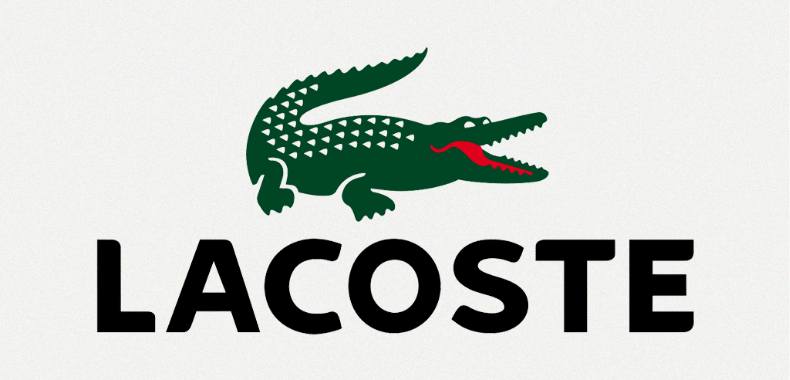The renowned Lacoste brand initiated a lawsuit in Brazil towards the end of last year to prevent the sale of clothing resembling its iconic green crocodile logo, as reported by Lauro Jardim’s column in O Globo newspaper.
The lawsuit targeted Cartelo, a brand with a similar green crocodile symbol, along with Ecom Factory, the seller of these products. Shopee, an online marketplace, and Facebook, a social media platform, were also named as defendants for promoting Cartelo’s products.
Claiming significant harm to its Brazilian business, Lacoste alleged Cartelo’s actions amounted to counterfeiting and unfair competition. In the lawsuit, Lacoste demanded Ecom Factory cease selling Cartelo products and sought compensation of R$50,000. The brand also urged the court to compel Shopee and Facebook to remove ads featuring Cartelo’s items.

The São Paulo court sided with Lacoste, ordering Ecom to halt the sale of Cartelo’s items and instructing Shopee and Facebook to remove related advertisements.
While Shopee complied with the ruling but planned to appeal, Facebook also appealed citing an error in the court’s decision. Ecom Factory claimed it was merely a reseller and not responsible for Cartelo’s brand.
—
Author: Enzo Toyoda Coppola, Junior Associate and Cesar Peduti Filho, Managing Partner of Peduti Advogados.
Source: Manchete
—
If you want to learn more about this topic, contact the author or the managing partner, Dr. Cesar Peduti Filho.
Se quiser saber mais sobre este tema, contate o autor ou o Dr. Cesar Peduti Filho.




